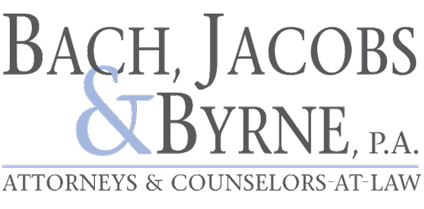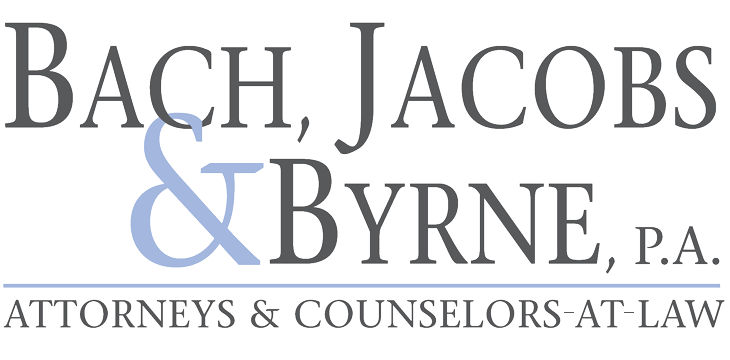Key tax deferral strategies
Tax deferral refers to the action of delaying the payment of taxes to some point in the future.
Some taxes can be delayed for an unlimited amount of time, and others may be taxed at a lower rate at a future time. Both individuals and corporations can defer certain taxes.
To defer paying taxes on earnings, you must first place funds into a retirement account. If you withdraw funds from your retirement account before age 59.5, you will incur an early-withdrawal penalty of 10% of the total amount withdrawn. The earnings held in retirement accounts withdrawn after age 59.5 are taxed at a more favorable rate.
There are seven types of retirement accounts that individuals may use to defer taxes:
- 401(k) or 403(b): Employer-offered accounts, where oftentimes the employer will match a contribution deposited by an employee up to a certain amount.
- Solo 401(k): 401(k)s set up by individuals who solely own unincorporated businesses. Under this plan, the business owner can contribute as both an employer and employee.
- Individual Retirement Account (“IRA”): An individual retirement account that allows individuals to save up to a certain amount every year.
- Simple IRA: Used by employers with less than 100 employees.
- Simplified Employee Pension IRA (“SEP-IRA”): Used by small businesses and self-employed workers; this account requires less paperwork than a traditional IRA.
- Roth IRA: Account that allows individuals to save a certain amount of after-tax dollars annually. Contributions to Roth IRAs are not tax-deductible.
- Health savings account: Account where individuals can save pre-tax funds to pay future medical expenses.



